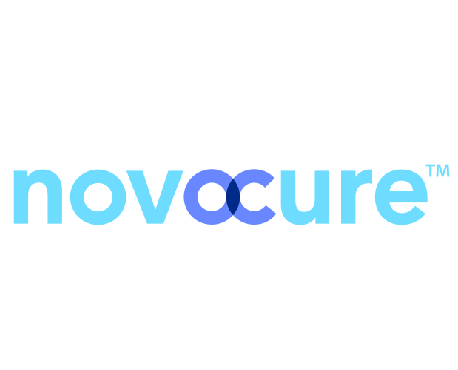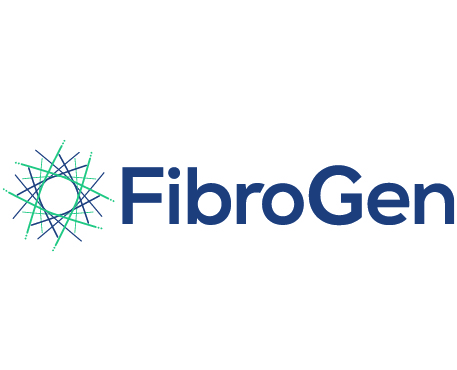For those who have been diagnosed with pancreatic cancer or have a loved one who has, you know all too well that it’s not just the patient whose life is immediately affected upon diagnosis. Although family members and close friends do their best to jump into high gear to help, the person who is thrust into the position of primary caregiver carries the bulk of the weight on their shoulders.
Caregiving can be filled with rewards and joy but it can also be overwhelming and exhausting. The caregiver is most often the spouse, child or a close friend that takes on the role of organizer, note taker, nurse, researcher, news central, housekeeper, cook, driver, cheerleader and so much more. Initially the pancreatic cancer patient has no idea what their needs will be and the caregiver is clueless as to what will be expected of them. Too often the role of caregiving lands on someone who feels ill-equipped to fill all of these necessary shoes. In some cases, the patient lives alone and there is no obvious caregiver to speak of.
Pancreatic cancer support groups in-person or online provide important supportive services but there are still basic needs that have to be met in the home and often, round the clock. This webinar will help guide the patient and caregiver to better understand and prepare for what lies ahead.
Dr. Annette Stanton joins us to present important information about how each person may be affected during this stressful time. Dr. Stanton’s research centers on identifying factors that help and hinder individuals as they adjust to health-related adversity. Her research tests theories of stress, coping and how individuals and couples confront cancer and other chronically stressful experiences. Her career has focused on answering questions such as, “when adults face profound and prolonged stressors, what factors enhance or impede their well-being and health?” and “how can research that specifies those factors be translated into approaches to enhance psychological and physical health outcomes during chronically stressful experiences?”
Annette L. Stanton, PhD, is Professor of Psychology and Psychiatry/Biobehavioral Sciences at the University of California, Los Angeles, a member of the Center for Cancer Prevention and Control Research in the Jonsson Comprehensive Cancer Center, and senior research scientist at the UCLA Cousins Center for Psychoneuroimmunology. She is incoming Chair of the Department of Psychology and currently chairs the PhD program in health psychology. Through research, Dr. Stanton identifies factors that promote or impede psychological and physical health in adults and couples undergoing chronically stressful experiences, with a focus on the experience of cancers of the pancreas, breast, eye, and lung. She then translates her findings into action by developing and testing approaches to enhance psychological and physical health over the course of the cancer trajectory.
Learn more about Dr. Stanton’s PACES study and apply to be involved »


